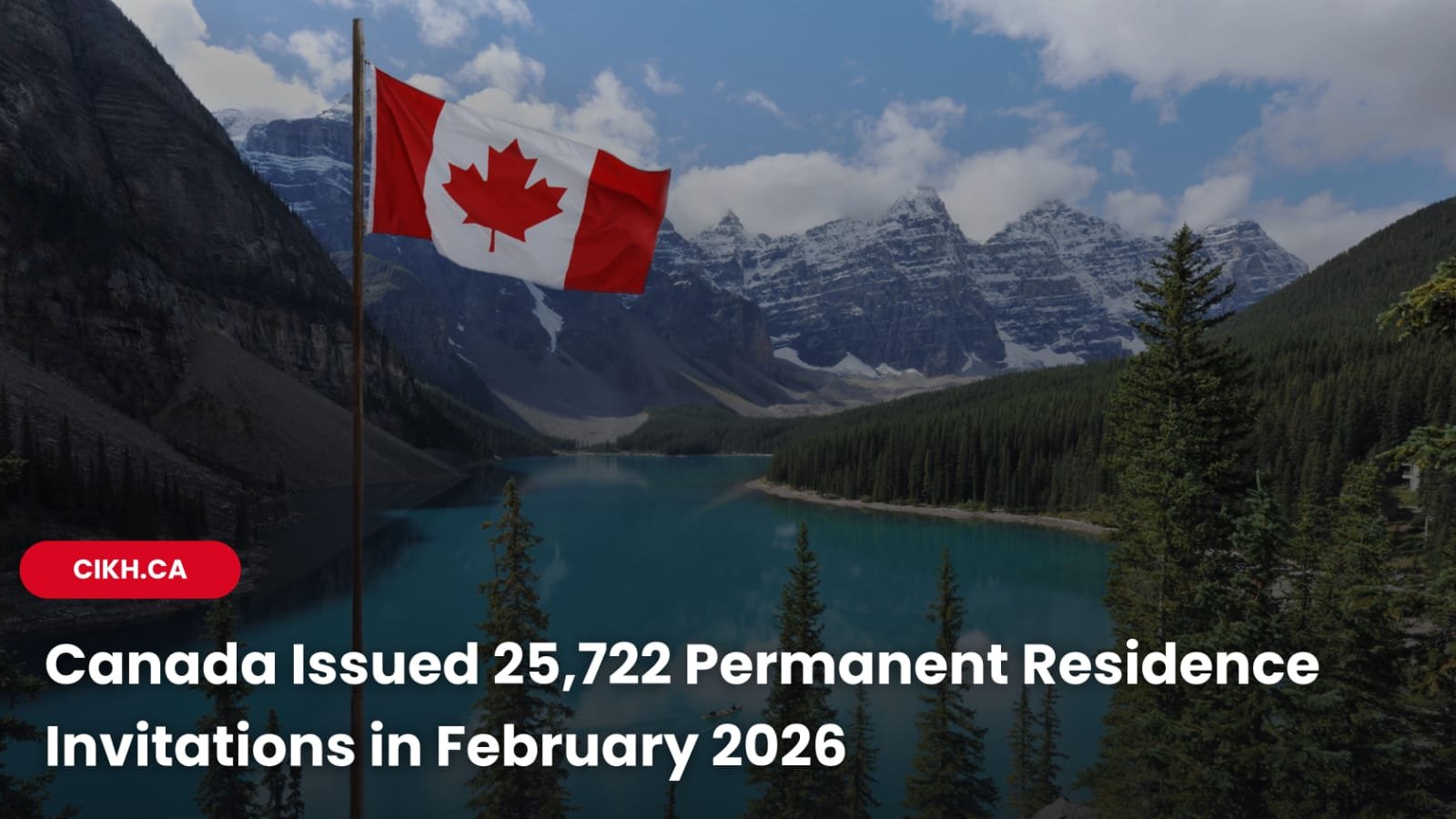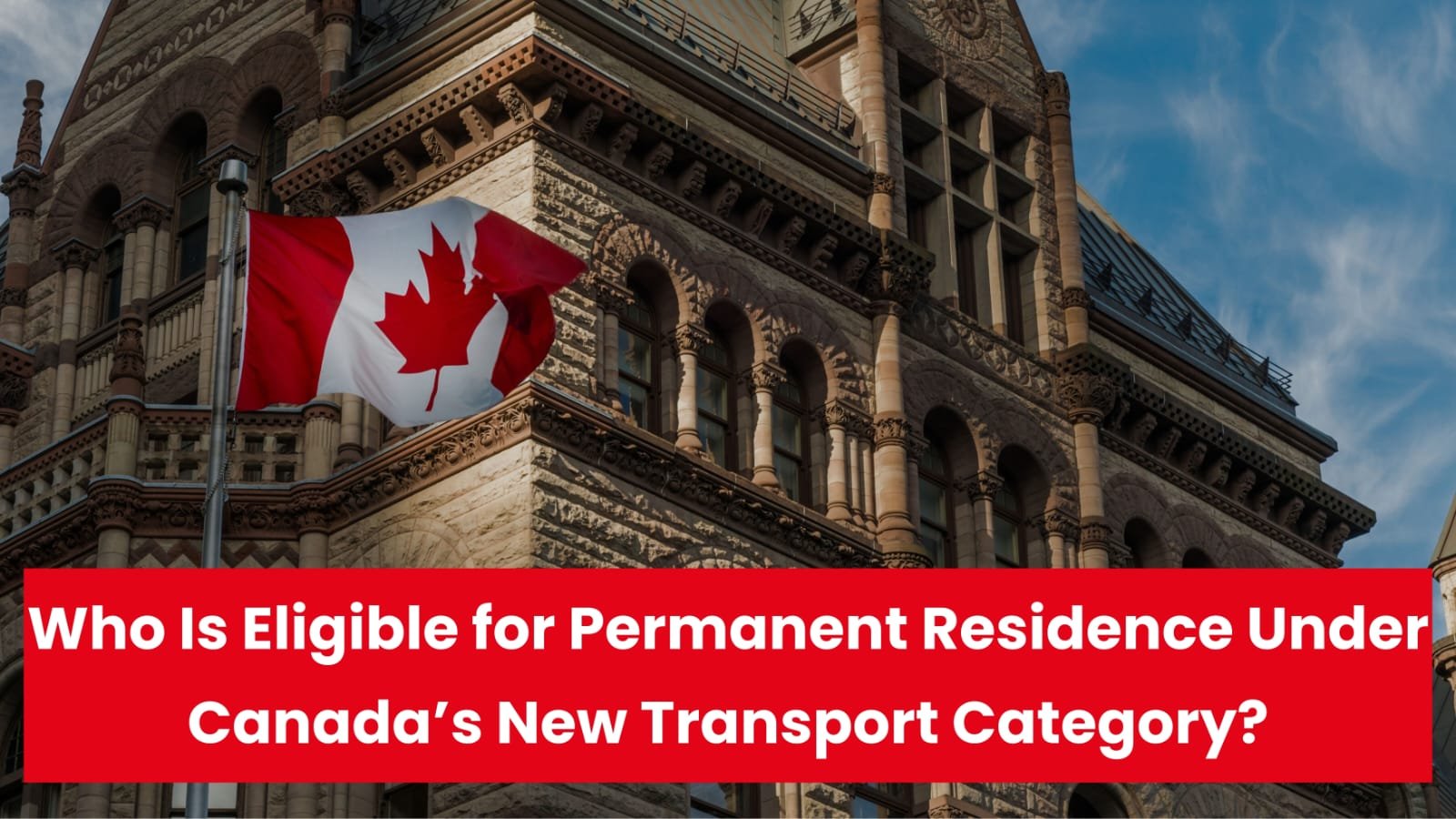Canada is one of the most popular destinations for international students, offering high-quality education, diverse cultures, and excellent post-graduation opportunities. But before you can pack your bags and head north, you’ll need a Canadian study permit your official authorization to study in Canada.
In this article, you’ll learn everything you need to know about how to get a Canadian study permit, including eligibility requirements, required documents, application steps, and processing times.
Book Your Consultation for Canadian Immigration
What is a Canadian Study Permit?
A study permit is a document issued by Immigration, Refugees and Citizenship Canada (IRCC) that allows foreign nationals to study at designated learning institutions (DLIs) in Canada. It’s not a visa, so depending on your nationality, you may also need a visitor visa or electronic travel authorization (eTA).
Who Needs a Study Permit?
You need a study permit if:
- Your course lasts more than six months.
- You’re enrolled in a Designated Learning Institution (DLI).
- You are a foreign national (non-Canadian or non-permanent resident).
You don’t need a study permit if:
- Your course lasts six months or less.
- You’re a family member of a foreign representative in Canada.
- You’re a member of foreign armed forces under the Visiting Forces Act.
Study Permit Requirements
To apply for a Canadian study permit, you must meet the following eligibility criteria:
1. Letter of Acceptance
You need a Letter of Acceptance (LOA) from a recognized Designated Learning Institution (DLI) in Canada.
2. Proof of Financial Support
You must prove that you can financially support yourself (and any accompanying family members) during your studies. As of 2024, you must show funds for:
- Tuition fees for the first year.
- Living expenses ($20,635 CAD/year for students outside Quebec).
- Return transportation for yourself and any family members.
3. Valid Passport or Travel Document
Your passport must remain valid through the duration of your studies.
4. Immigration Medical Exam (IME)
Depending on your home country or length of stay, a medical exam may be required.
5. Police Clearance Certificate
You may be asked to provide a certificate to show you have no criminal record.
6. Ties to Your Home Country
You must convince the visa officer that you’ll leave Canada when your permit expires.
How to Apply for a Canadian Study Permit
Step 1: Get a Letter of Acceptance
Apply and get accepted by a Canadian DLI. Ensure your LOA includes full details such as the institution’s DLI number, program, duration, and tuition fees.
Step 2: Gather Documents
Prepare the required documents:
- LOA
- Passport
- Proof of funds
- Passport-size photos
- Letter of explanation (optional but recommended)
- Custodian declaration (for minors)
Step 3: Apply Online
Create an account on the IRCC website and fill in the application. Upload your documents and pay the application fee (currently $150 CAD).
Step 4: Biometrics Appointment
Most applicants must give biometric information (fingerprints and photo) at a Visa Application Centre (VAC).
Step 5: Wait for a Decision
You may be asked to attend an interview or submit additional documents. Once approved, you’ll receive a Port of Entry (POE) Letter of Introduction and, if required, a visitor visa or eTA.
Processing Time for Study Permits
Processing times vary by country and time of year. On average:
- Online applications: 4 to 12 weeks
- Student Direct Stream (SDS): As little as 20 calendar days (available for students from certain countries like India, China, Philippines, etc.)
You can check the current processing times on the IRCC website.
Tips for a Successful Application
- Apply early: Start at least 4–6 months before your program begins.
- Submit a strong SOP (Statement of Purpose) explaining your study plans and ties to home.
- Double-check your documents for accuracy and completeness.
- Consider SDS if you’re eligible — it’s faster and often simpler
Final Thoughts
Getting a Canadian study permit may seem like a complex process, but with proper planning and a thorough application, you can increase your chances of approval. Canada offers world-class education and an excellent quality of life, making the effort well worth it.





